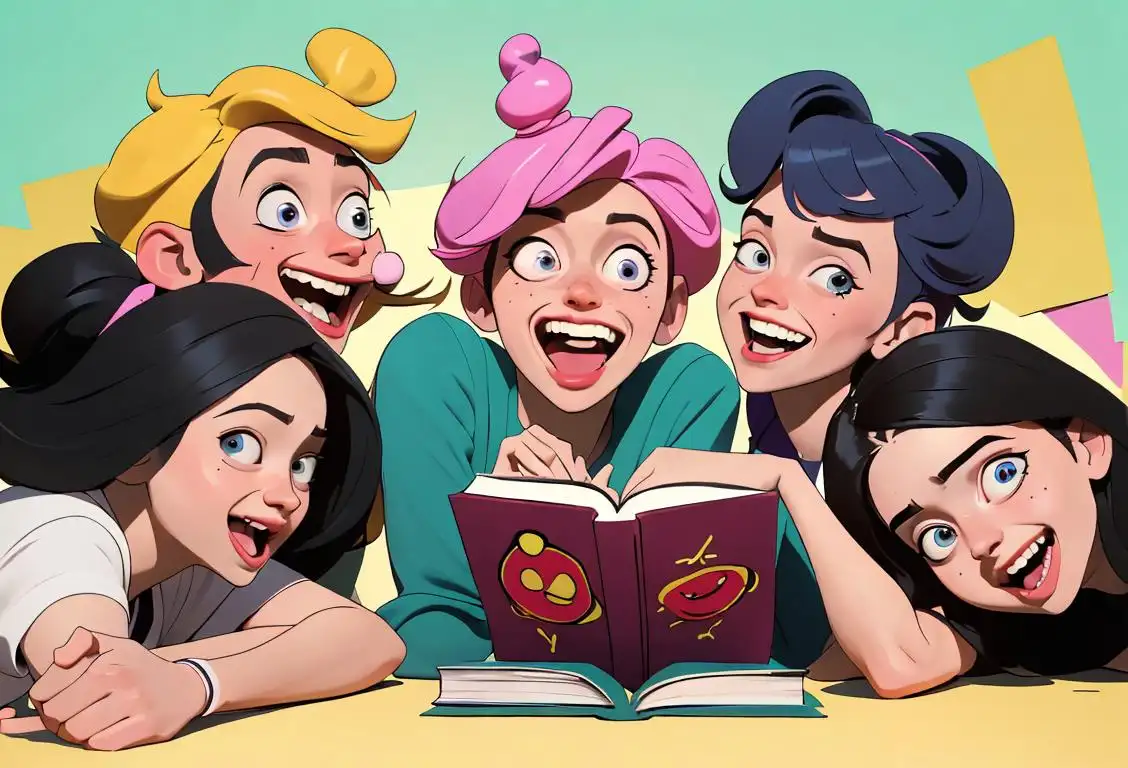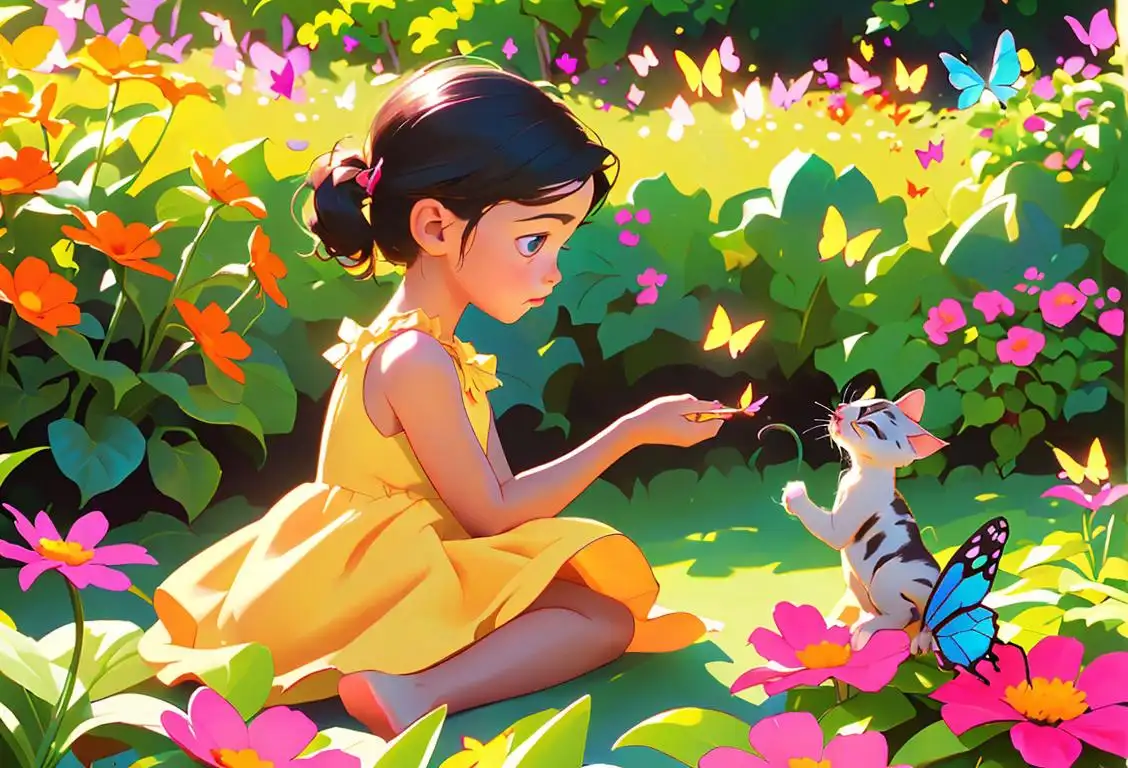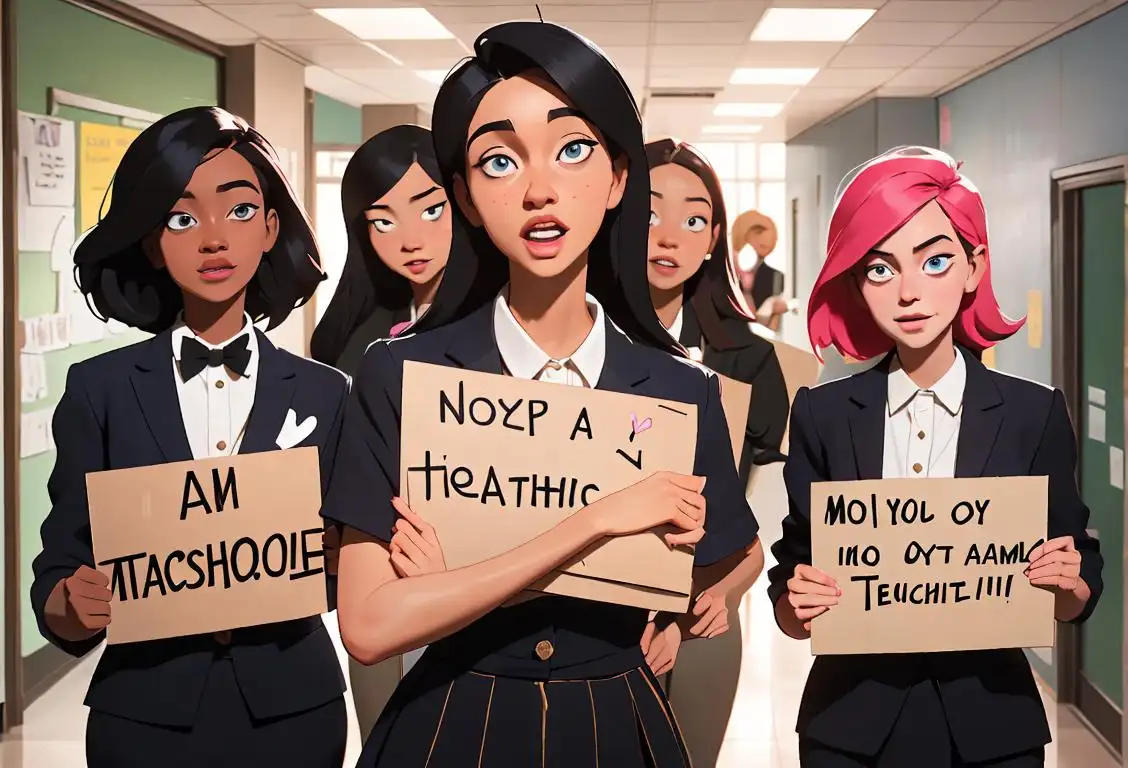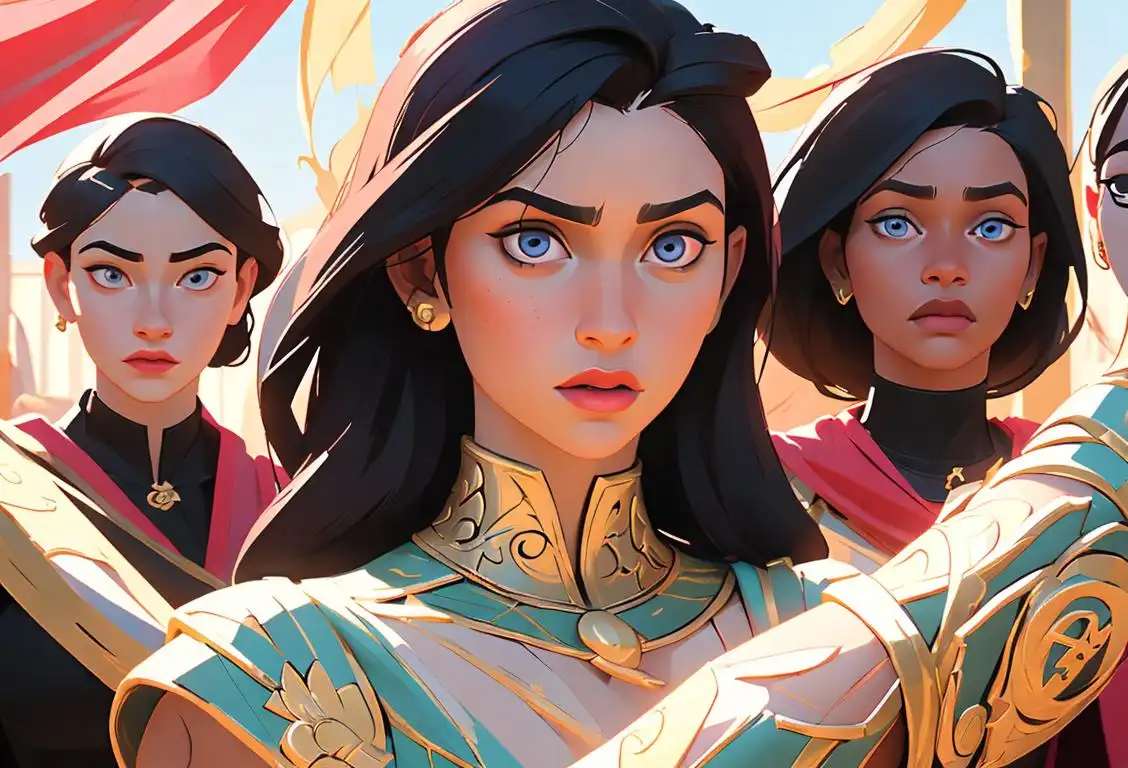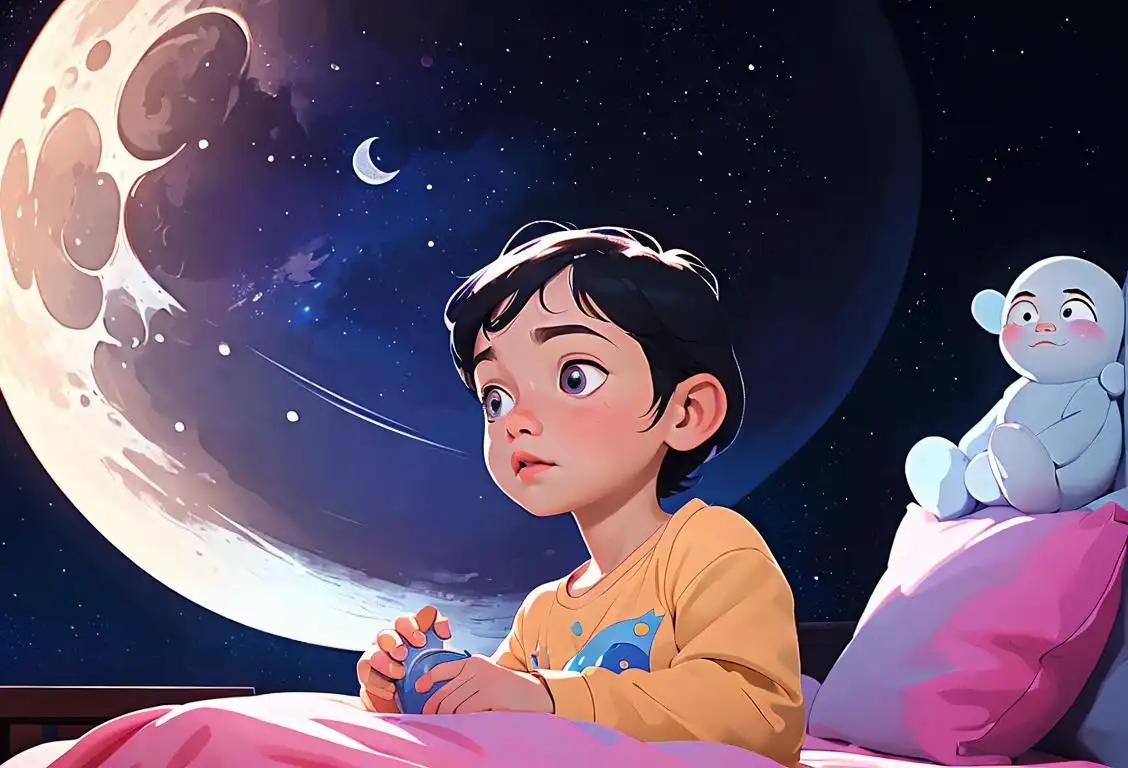National Pun Day
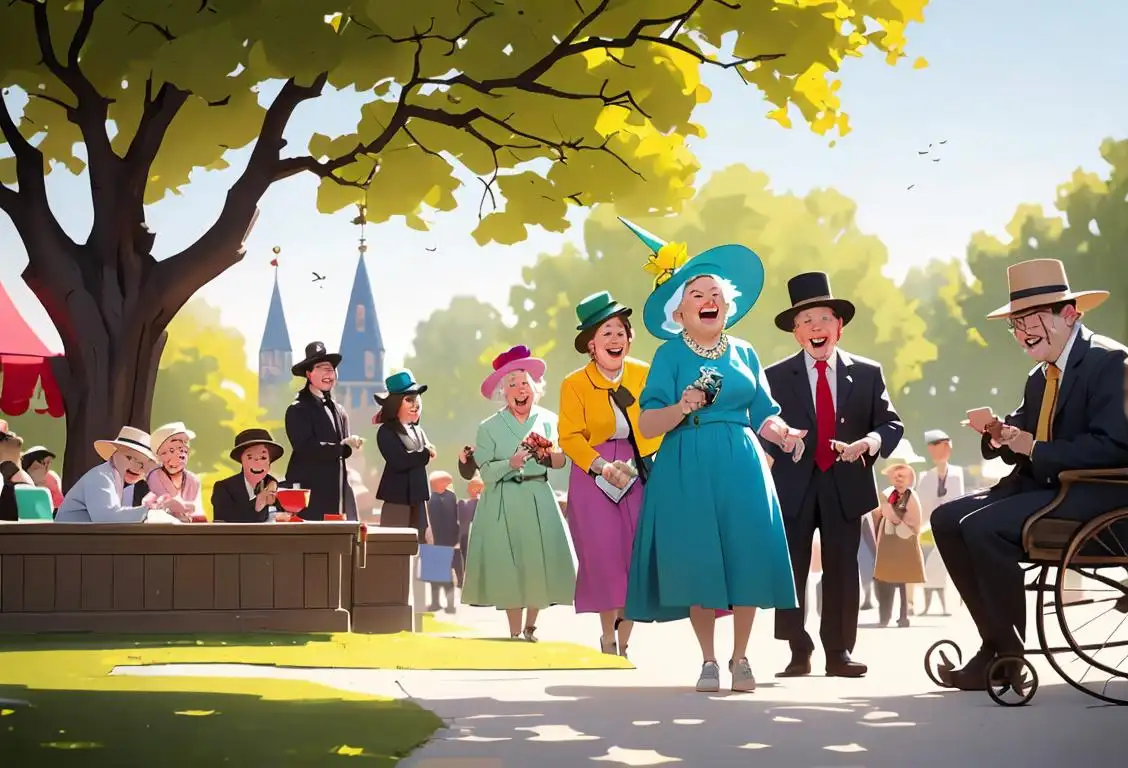
Step aside Dr. Suess, we have a day for all you punny people out there. Yes, you heard it right - National Pun Day! A day that combines humor, language and oodles of creativity into 24 hours of pun-tastic expression.
When is Pun Day?
It's national pun day on the 13th February.
What is National Pun Day?
Reestablishing our faith in the power of wit and wordplay, National Pun Day is all about stretching lingual limits and delivering your most inventive double entendres. This unique, yet wholesome, festivity of words witnessed the peak of its popularity on the 13th of February in the year 2017.
The History of National Pun Day
We wish we could give you an epic history of national pun day right back to the time when Shakespeare was crafting his own punchy puns. Unfortunately, internet history rarely cooperates. We do know however, that with the advent of social media platforms, the art of punning gained a new platform to shine. What better way to commemorate this linguistic art form than dedicating a whole day to it!
Pun Day Celebrations
So how does one celebrate National Pun Day? Prepare your wittiest puns and share them with your loved ones, post them online, or indulge in tongue-twisting contests. You could even write a pun-themed story or poem. Create a pun chain with your friends, where one person’s pun leads to the next. It's a day where 'grammers' become 'hammers' and sentences are filled with playbook fun!
Conclusion
So, there you go, a day dedicated to the lovers of language, to those who find joy in quips, innuendos, and witty repartees. Be it loved ones or strangers, prepare to fill their day with laughs (or groans) on the next National Pun day.
History behind the term 'Pun'
Derived from early Latin and French.
Evolution of 'pun'
The term 'pun' can be traced back to its roots in early Latin and French. The Latin word 'punctum' meant 'a point' or 'a mark' in the sense of a punctuation mark. This later developed into the Old French term 'pun', which meant 'point' or 'sharp end'. From here, 'pun' took on additional meanings relating to wit and wordplay.
16th century
Introduction into English language
The term 'pun' made its way into the English language in the 16th century. It was initially adopted in the sense of a play on words or a humorous use of language. During this time, puns gained popularity as a form of verbal entertainment, often appreciated for their cleverness and wit.
17th and 18th centuries
Puns in literary works
Puns became a prominent feature in literary works during the 17th and 18th centuries. Famous writers and poets, such as William Shakespeare and Alexander Pope, frequently employed puns in their plays and poetry. These wordplay devices were used to create humor, add depth to characters, and engage the audience in a clever way.
19th century
Puns in popular culture
The 19th century saw puns gaining traction in popular culture. They became a staple of comic literature, newspapers, and jokes, often featured in humorous sketches and performances. Puns were embraced as a form of intellectual humor, showcasing linguistic creativity and clever wordplay.
20th century to present
Puns in modern media
Puns have continued to thrive in modern media. They are often used in advertising slogans, comedy shows, social media, and internet memes. Puns provide a lighthearted way to engage with language and entertain audiences. With the advent of the internet, puns have become a popular form of humor, easily shareable and relatable across cultures.
Did you know?
The term 'pun' is believed to have originated from the 16th century term 'punnet' which meant to pound or abuse - fitting for the punishing wordplay it represents today!Tagged
Fun Language Humour CreativeFirst identified
15th May 2015Most mentioned on
13th February 2017Total mentions
163Other days
Pun Day
Embarrass Your Friends Day
Pabebe Day
Intern Day
Kitten Day
Tattoo Day
Teachers Day
Obama Day
Womens Day
Moon Day
